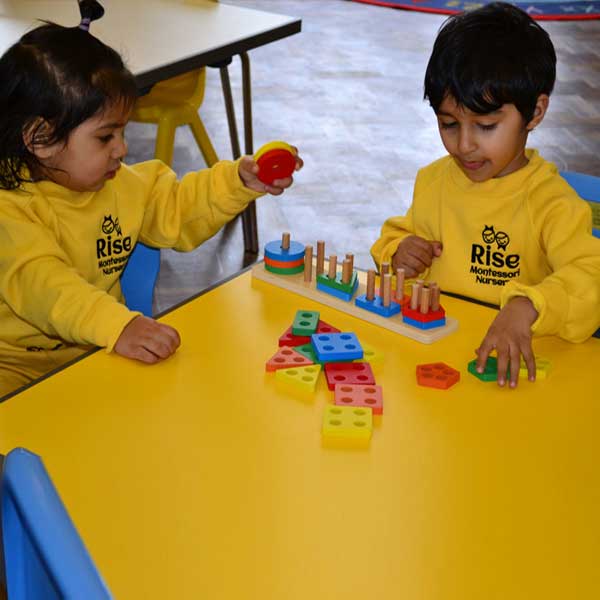Many parents struggle to categorize themselves between a “good parent” and otherwise. To err is human and not every parent has a strong parental instinct to make the right decision for their kids every single time. In the process of trying to become an ideal parent and between handling their own personal and professional life, a lot of people usually let their own problems get in the way of upbringing their children with the right attitude and care.
It is hard to establish the right technique for every parenting situation, but common parenting mistakes can still be worked upon. In this article, we will talk about the five common mistakes that you should avoid while raising your little ones:
1. Imposing excessive expectations
It is natural for every parent to expect their child to be extra special and better than others. But this often makes the parent impatient and frustrated. It is okay if your child isn’t performing as good as other children in academics or sports. It is okay if he’s not as social or friendly as you expect him to be. Every child holds their own set of abilities and talents. Rather than expecting them to be on top of everything, motivate them to improve at things gradually.
Avoid: “You did well, but you could have done better.”
Say: “You did very well, and I’m so proud of you. I’m sure you’ll keep getting better and better at this.”
2. Unintentional bullying
Since every parent wants to see their children stand out from the crowd in every possible way, they tend to make fun of or say mean things to their children unintentionally and unconsciously. Avoid commenting on their weight, complexion and other physical attributes. You might defend yourself by saying, “I didn’t say it in a hurtful manner” but it does lower your child’s confidence. It affects their self-esteem, which might not be visible at first, but it will start appearing gradually.
Avoid: “Don’t eat that. You’re already gaining weight.”
Say: “I don’t think you should eat more of it. It’s not good for your health.”
3. Comparing your child
This is one of the most common mistakes committed by parents. Comparing your child to anyone causes major damage to their self-esteem and it has the potential to make them incompetent. The kids also tend to grow a feeling of frustration and hatred towards people who are better than them. It is important to track your child’s own journey and progress, comparing them only with themselves. Every child is unique and it is important to convey it to them.
Avoid: “I wish you were more like [ ]” and “Look at [ ]. How … he is!”
Say: “I didn’t like what you did here. Next time, try to be more [ ].”
4. Discount your child’s feelings
Do you remember why did you stop telling things to your parents? It was because you knew you would end up getting a lecture about how you’re wrong or unconventional. In addition to that, you might also get a long story narration about your parent’s own past experiences. It is crucial to note that this should not be repeated by you on your child. Whenever your child chooses to express his feelings or insecurities with you, try to be more compassionate. Children only want to feel understood and validated by their parents. Instead of dismissing their feelings with a lecture or moral lesson, make them feel acknowledged.
Avoid: “Maybe your bad attitude makes your friends not include you. You behave so poorly around everyone!”
Say: “I’m so sorry that you feel this way. What do you think might be the reason they’re not including you? Let’s talk and figure out a way to solve this.”
5. Being aggressive
Many parents start yelling at their children to discipline them. This has become a commonly accepted parenting technique because out of fear your child starts listening and following you immediately. It turns out be quite harmful for your kids in the long run. Yelling results in increased anxiety levels in a child, and it tends to make them slow in their overall development. Children who have grown up with a lot of yelling become aggressive and face a lot of difficulties in making and managing relationships. Avoid channelling your frustration and anger towards your kids at any cost.
Avoid: “Do I have to tell you this 100 times now?”
Say: “I have mentioned this to you earlier, but could you please [ ].”
Conclusion
A “perfect parent” is a myth. However, it is essential to take your child’s feelings and insecurities into consideration from time to time. The way you talk to your kid leaves a strong impression on their overall personality and attitude. Always choose your words wisely while talking as well as explaining things to your child.
Rise Montessori Nursery wishes you all the success in parenting!

